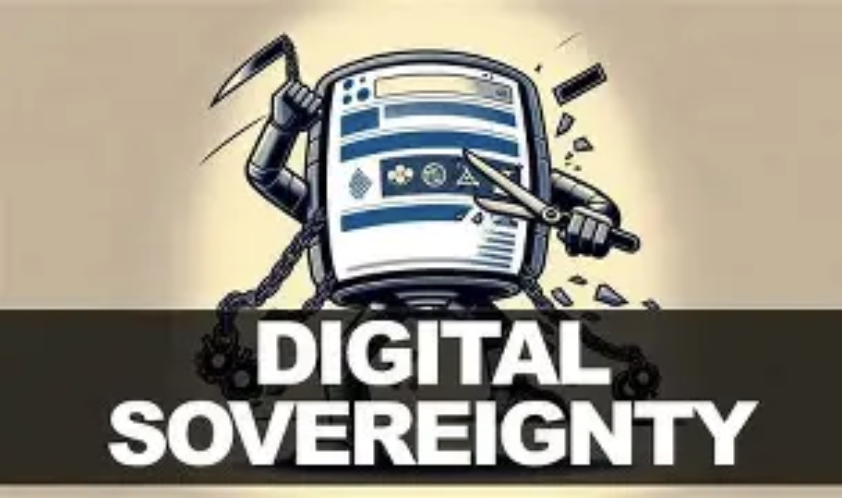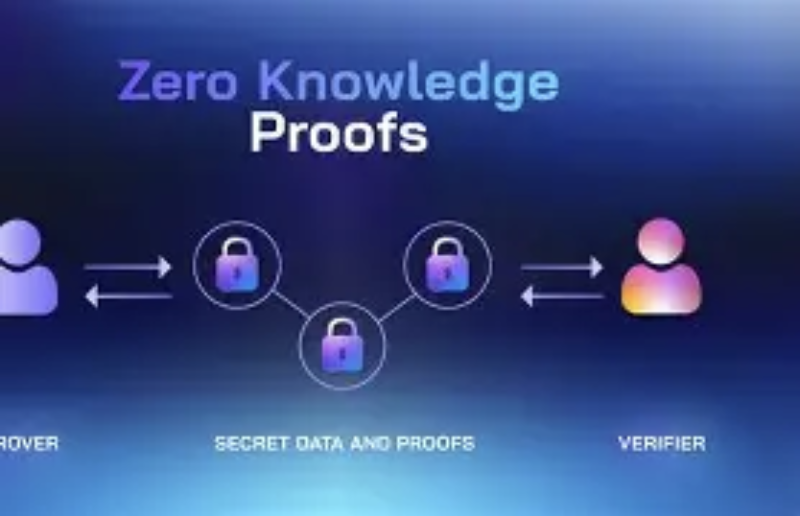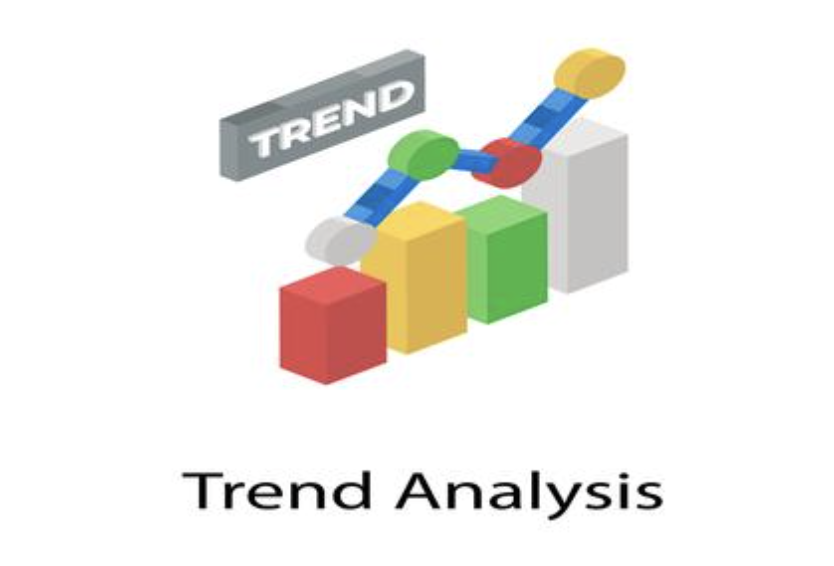Digital Sovereignty: Your Data, Your Future
In a time when information is often referred to as the new oil, genuine luxury is found not in accumulating it, but in having control over it. Digital sovereignty—the ability to own, oversee, and benefit from your own data—is transforming how wealthy individuals interact with technology. It has evolved beyond mere privacy concerns; it encompasses using your digital presence as a means of empowerment and distinction.

Many people mix up privacy with ownership, yet they are not the same. Privacy is about concealing data, while ownership gives you authority over its usage. Initiatives like Solid, created by web pioneer Tim Berners-Lee, allow individuals to keep their data in personal “Pods” rather than on corporate servers. Users can allow temporary access to brands—such as a luxury retailer for a tailored shopping experience—and revoke it whenever desired, ensuring that no third party can profit from their information without authorization.
Data Monetization: Your Digital Assets
Digital sovereignty facilitates the monetization of data for individuals. Emerging platforms like Datawallet enable users to sell anonymized data to researchers or brands directly, eliminating middlemen. For instance, a wine lover could share their tasting preferences with a small vineyard, earning income while receiving customized suggestions. This changes the narrative: instead of large tech companies profiting from your behavior, you benefit from your own digital information.

Self-sovereign identity (SSI) replaces conventional forms of identification with credentials based on blockchain technology. Platforms such as Civic allow users to keep passports, degrees, and memberships in a digital wallet, revealing only necessary information—like your age for entry into an exclusive club—without disclosing full personal details. This mitigates identity theft risks and simplifies access to premium services, ranging from private banking to exclusive events, with a simple, secure, and user-controlled action.
Zero-Knowledge Proofs: Security with Transparency
Zero-knowledge proofs (ZKPs) enable you to confirm facts without disclosing any data. For example, you can demonstrate that you meet a minimum net worth for a high-value investment without revealing the specific figure. Financial technology companies such as Chainalysis utilize ZKPs to satisfy regulatory requirements while maintaining client confidentiality. This technology guarantees that security is not sacrificed for convenience, allowing affluent individuals to keep their financial dealings private and more.

Decentralized Storage: Data Independence
Decentralized storage frameworks like Filecoin substitute centralized databases with a worldwide peer-to-peer network. Your data is encrypted and divided across multiple nodes, making it secure from hacking or server failures. Luxury brands are beginning to utilize this approach: a high-end fashion house might keep customer personalization information on Filecoin, ensuring both exclusivity and security while offering bespoke designs. For users, this translates to no single organization being able to monopolize their data or misuse it.
The Sovereign Lifestyle: Data as Freedom
Digital sovereignty symbolizes more than just technology—it represents a way of living. It empowers you to curate your digital environment, selecting the brands you interact with and the insights you disclose. For individuals who prioritize independence and exclusivity, it represents the pinnacle of luxury: being aware that your data benefits you rather than works against you. In this envisioned future, your digital identity becomes a robust asset that influences your current reality and safeguards your future.
(Writer:Dirick)





